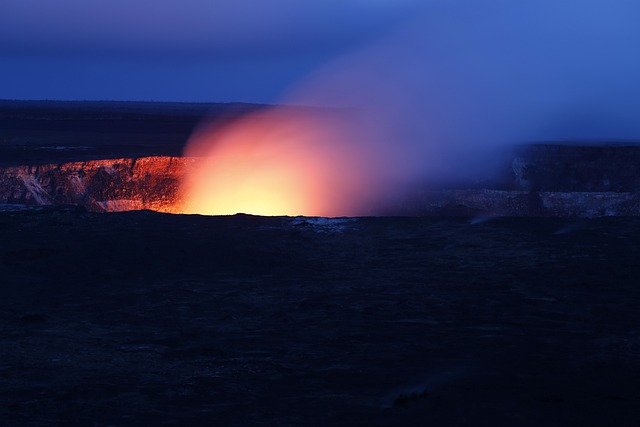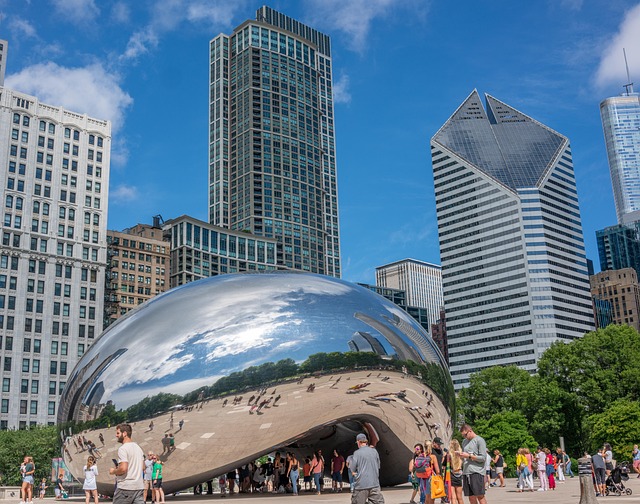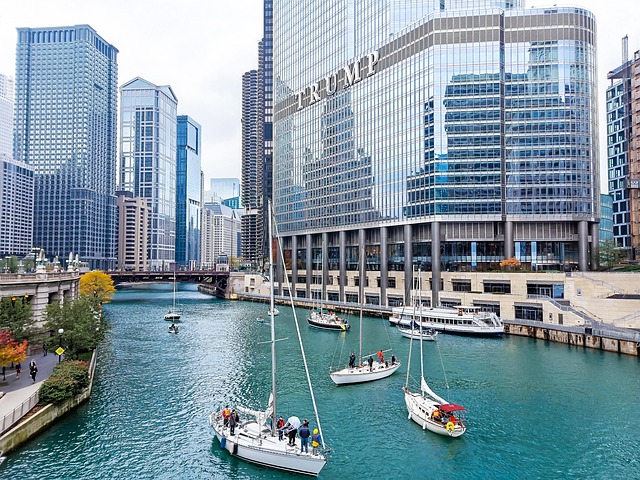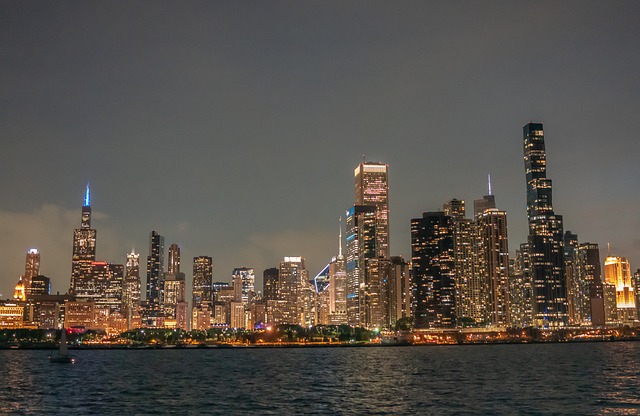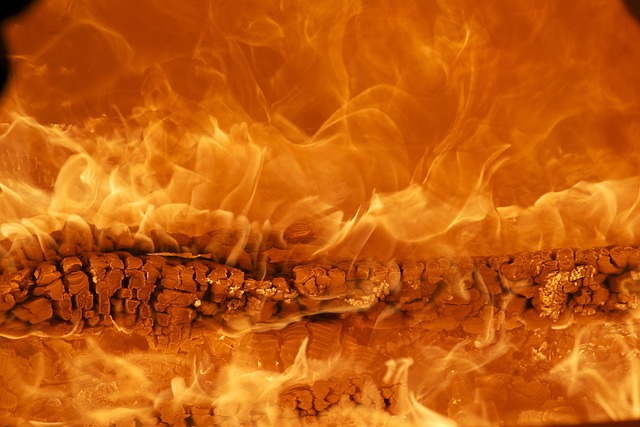Smoke damage from fires in Chicago can significantly impair properties both structurally and healthwise due to residues like ash, soot, and toxic chemicals. Homeowners considering selling a damaged house should prioritize comprehensive smoke remediation by professional restoration services. Prompt action is crucial as untreated damage can lead to further structural issues and health complications. After a fire, assess your home's safety, structural integrity, and air quality before starting remediation. Disclose known issues to buyers and keep occupants away from contaminated areas until proper remediation is confirmed. The process involves assessing, planning, meticulous cleaning, structural repairs, system restoration, and final inspection for safety and compliance, making the property market-ready when selling a house with fire damage in Chicago. Legal and insurance considerations should also be navigated smoothly during the transaction.
In the aftermath of a fire, understanding smoke damage remediation in Illinois is crucial, especially in Chicago’s bustling landscape. Smoke damage can leave behind invisible remnants that impact property values and health. This article guides homeowners through navigating a chaotic time, offering insights on assessment, safety steps after a fire, and the restoration process unique to Chicago properties. Furthermore, we delve into legal and insurance considerations specific to selling a house with fire damage in Chicago, ensuring informed decisions for a smoother transition.
- Understanding Smoke Damage: The Impact on Properties in Chicago
- Assessment and Safety: Steps to Take After a Fire in Your Home
- Remediation Process: Restoring Your Chicago Property After a Fire
- Legal and Insurance Considerations for Selling a House with Fire Damage
Understanding Smoke Damage: The Impact on Properties in Chicago
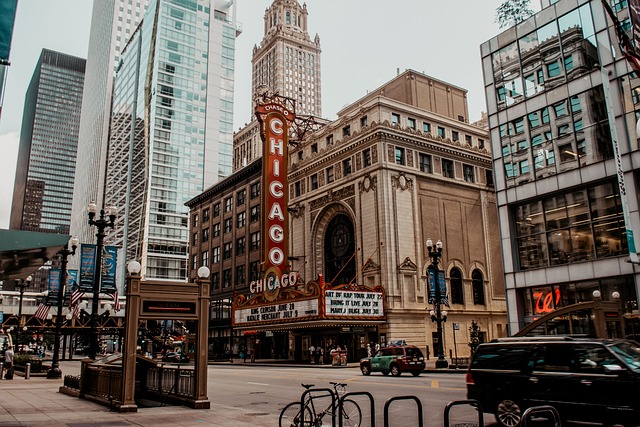
Smoke damage from a fire can have significant effects on properties in Chicago, impacting both structures and personal belongings. When a fire occurs, smoke can permeate every nook and cranny, leaving behind a variety of harmful residues, including ash, soot, and various toxic chemicals. These contaminants not only mar surfaces but also pose serious health risks to occupants if not properly addressed.
For those considering selling a house with fire damage in Chicago, understanding the extent of smoke remediation is crucial. Professional restoration services employ specialized equipment and techniques to mitigate and remove smoke damage, ensuring that homes are safe for occupation and increasing their resale value. Prompt action is essential; left untreated, smoke damage can lead to more extensive structural issues and health complications for future residents.
Assessment and Safety: Steps to Take After a Fire in Your Home

After a fire, assessing your home’s safety and smoke damage in Chicago is crucial before any remediation begins. The first steps involve ensuring no structural integrity issues exist and identifying potential hazards. Check for stable ceilings, walls, and floors, as well as clear exit routes. If you’re considering selling a house with fire damage, it’s important to disclose any known issues to prospective buyers.
Inspect all areas affected by smoke, paying close attention to the HVAC system, as smoke can linger and recirculate through ducts. Test air quality with a professional to ensure it meets safety standards. This is especially important in Illinois where severe weather events may impact air quality further. Keep families or occupants away from potentially contaminated spaces until proper remediation and clearance are confirmed.
Remediation Process: Restoring Your Chicago Property After a Fire
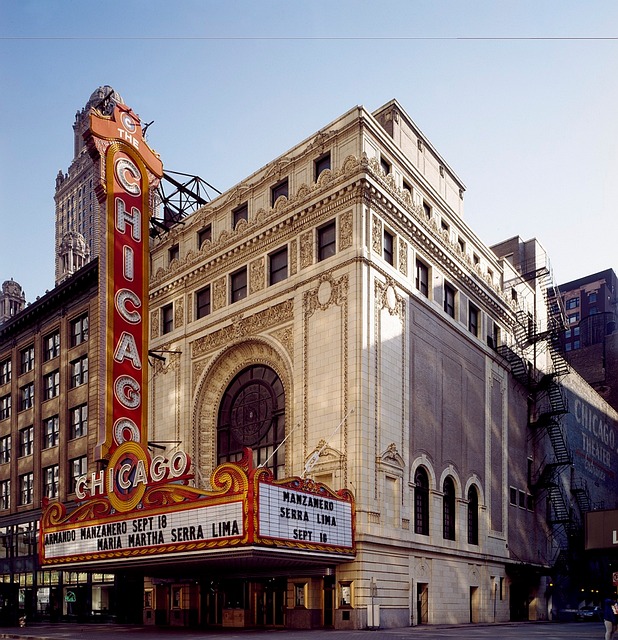
After a fire, the process of smoke damage remediation is crucial for restoring your Chicago property to its pre-loss condition. The first step involves assessing the extent of the damage, identifying affected areas, and creating a detailed plan. Professionals will then proceed with cleaning and decontaminating surfaces using specialized equipment to remove soot and odors. This includes meticulous cleaning of walls, ceilings, floors, and personal belongings.
The restoration process continues with repairing or replacing structural elements damaged by smoke and heat. This may include rebuilding parts of the building, restoring electrical and plumbing systems, and ensuring proper ventilation. Once these steps are complete, the final phase involves inspecting the property to guarantee that everything is safe and up to code, making it once again market-ready for those considering selling a house with fire damage in Chicago.
Legal and Insurance Considerations for Selling a House with Fire Damage
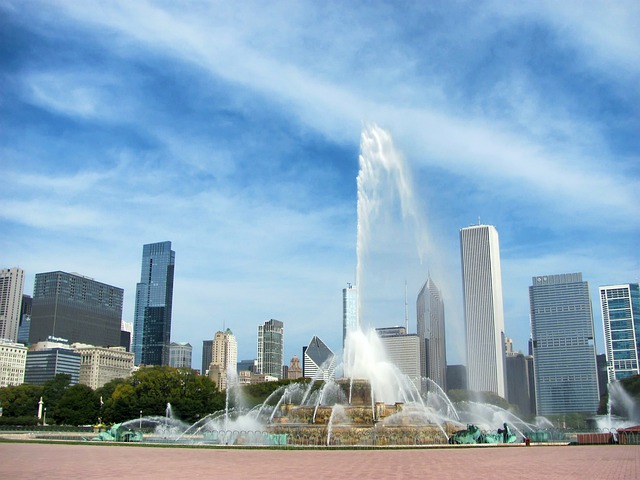
When selling a house with fire damage in Chicago, understanding legal and insurance considerations is crucial for a smooth transaction. After a fire, homeowners often face the challenge of navigating the remediation process while also adhering to local building codes and regulations. It’s essential to consult with professionals who can assess the extent of the damage and ensure compliance. This includes obtaining necessary permits for repairs, which may be required by Chicago’s Department of Building and Zoning.
Insurance plays a significant role in selling a damaged property. Homeowners should review their policies carefully to understand coverage limits and deductibles. In many cases, insurance companies will provide financial assistance for smoke damage remediation, but it’s important to discuss these details upfront with potential buyers. Transparency about the fire’s impact and the steps taken for repairs can help foster trust between the seller and buyer, making the selling process less stressful.
Smoke damage can significantly impact properties in Chicago, but understanding the remediation process is key. After a fire, assess your safety first, then follow expert guidance for restoration. The legal and insurance aspects of selling a house with fire damage in Chicago should also be navigated carefully to ensure a smooth transition for both homeowners and buyers. By adhering to these steps, you can effectively restore your property and manage the associated challenges, ensuring a better outcome for all involved.


